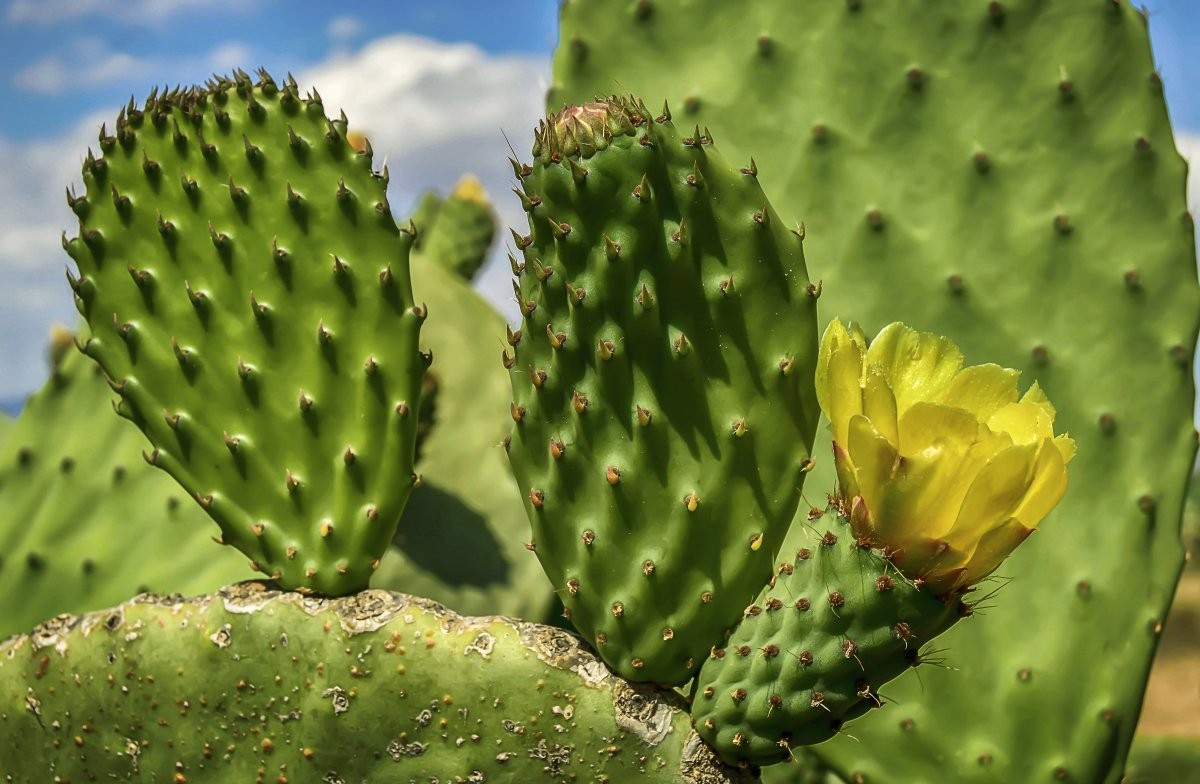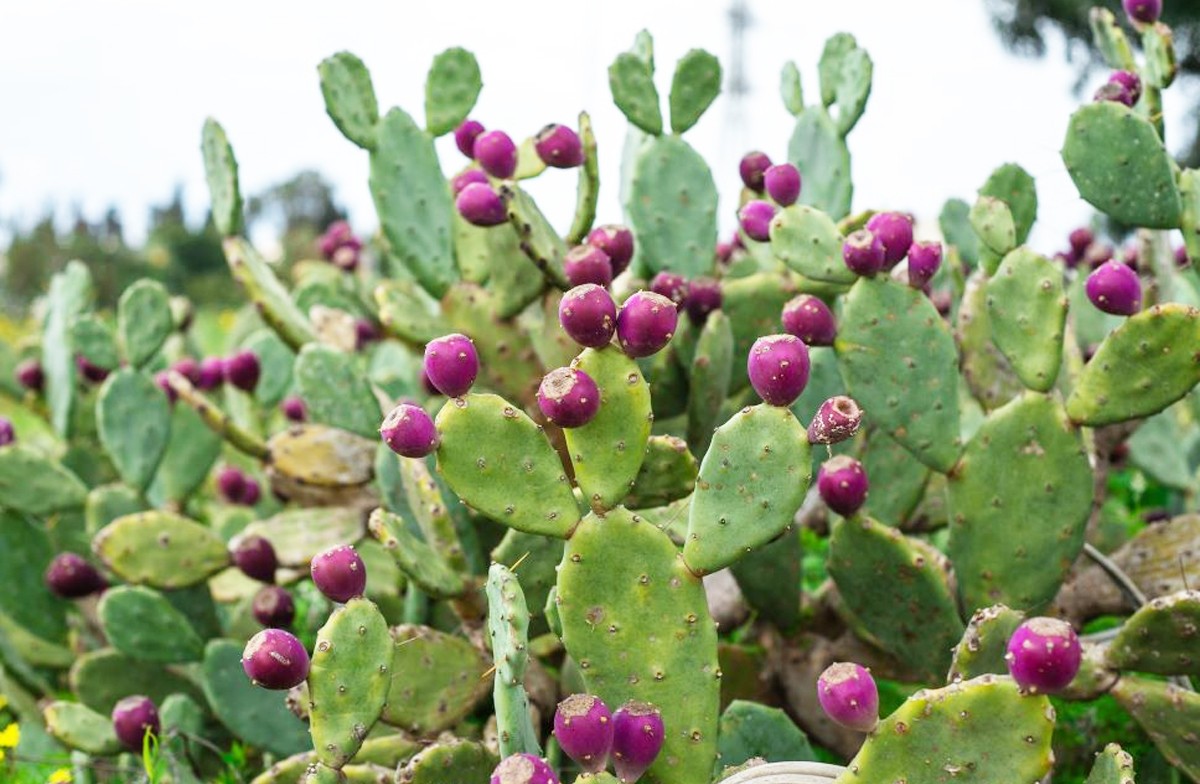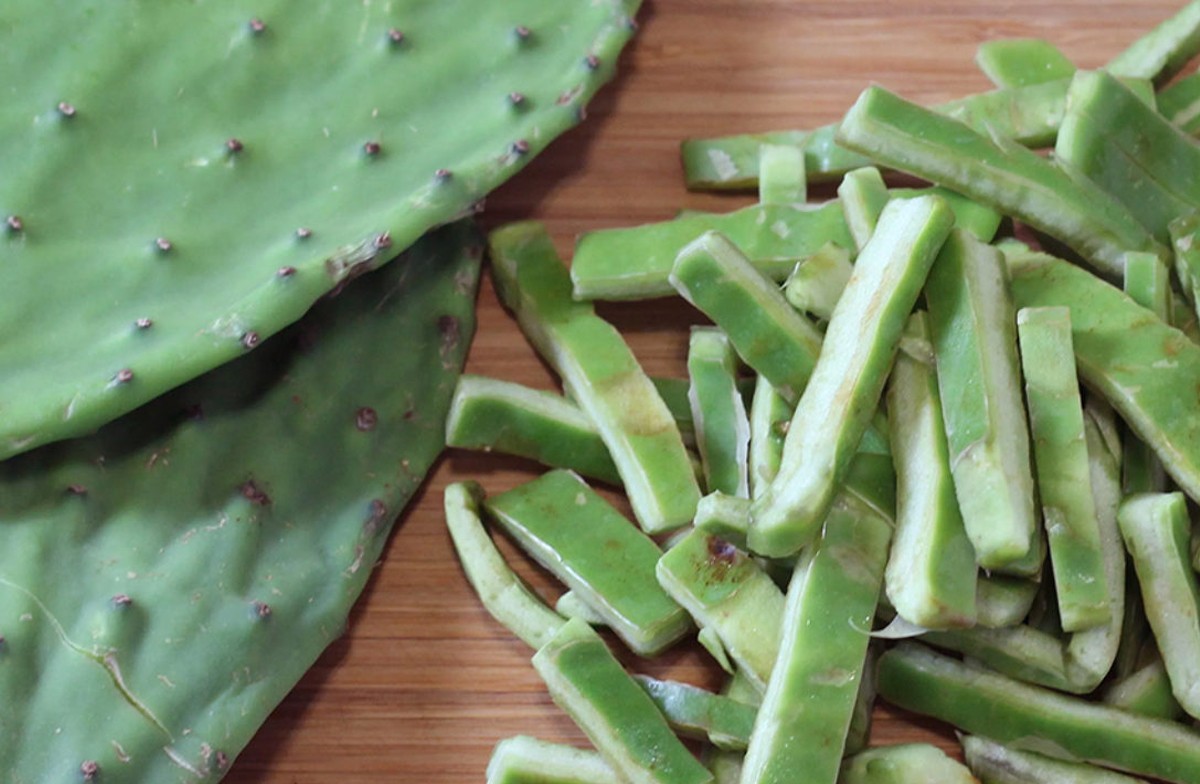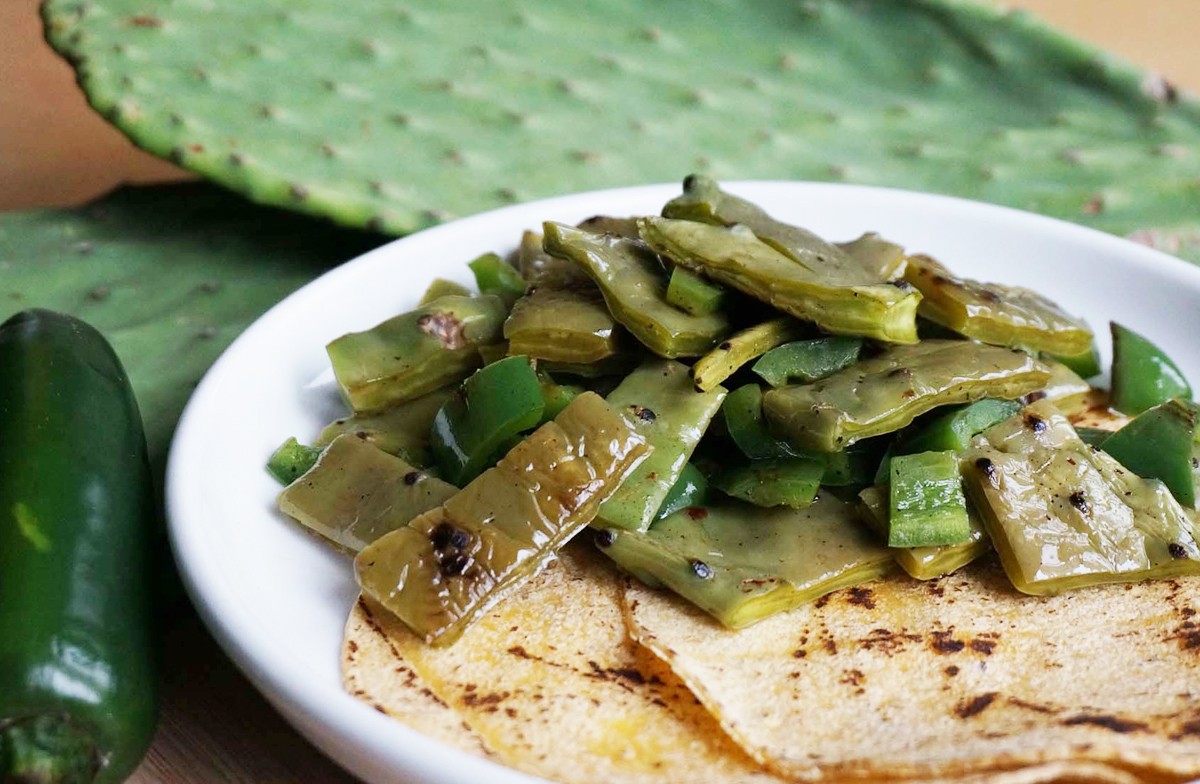Cactus
Cactus refers to any plant that belongs to the family Cactaceae. These plants are typically characterized by their succulent stems and spines or thorns. Cacti are well-adapted to dry environments and are found in various regions throughout the Americas, from Canada to Patagonia. They come in a wide variety of shapes and sizes, ranging from small, low-growing species to towering giants like the saguaro cactus. Cacti are popular ornamental plants and are also used for food, medicine, and other purposes.
In natural health, cactus stem extract has been traditionally used for its cooling properties to relieve heat and fever; cactus fruit, also known as prickly pear fruit, has been used to help nourish yin and clear heat. It is also believed to have a soothing effect on the digestive system and may help relieve constipation; cactus flowers have been used to help clear heat and promote diuresis, which can help reduce swelling and edema.
Cactus nutritional benefits
Cacti are a unique and nutritious plant that has been used for centuries as a source of food and medicine. Some of the nutritional benefits of cactus include:
- High in fiber: Cacti are an excellent source of dietary fiber, which is important for maintaining digestive health and regulating blood sugar levels.
- Low in calories: Cacti are low in calories and high in water content, making them a great choice for weight management and hydration.
- Rich in antioxidants: Cacti are packed with antioxidants, which can help protect your cells from damage caused by harmful molecules called free radicals.
- High in vitamins and minerals: Cacti are a good source of vitamins A, C, and K, as well as minerals such as calcium, magnesium, and potassium.
- Anti-inflammatory properties: Cacti contain compounds with anti-inflammatory properties, which can help reduce inflammation throughout the body.
- Blood sugar regulation: Some research suggests that cacti may help regulate blood sugar levels, making them a potential treatment for diabetes.
Cactus pharmacology
Cactus plants have been used for medicinal purposes for centuries, and their pharmacological properties have been studied extensively in recent years. Here are some of the pharmacological properties of cactus:
- Anti-inflammatory: Cactus contains compounds with anti-inflammatory properties, which can help reduce inflammation throughout the body. This makes cactus a potential treatment for conditions such as arthritis, asthma, and other inflammatory disorders.
- Antioxidant: Cactus is rich in antioxidants, which can help protect the body against oxidative stress and prevent cellular damage. This makes cactus a potential treatment for conditions such as cardiovascular disease, cancer, and neurodegenerative disorders.
- Hypoglycemic: Some species of cactus have been shown to have hypoglycemic properties, meaning they can help regulate blood sugar levels. This makes cactus a potential treatment for diabetes.
- Analgesic: Cactus contains compounds with analgesic properties, which can help reduce pain throughout the body. This makes cactus a potential treatment for conditions such as headaches, menstrual cramps, and other types of pain.
- Antiulcerogenic: Cactus has been shown to have antiulcerogenic properties, meaning it can help protect the stomach lining from ulcers. This makes cactus a potential treatment for conditions such as gastritis and peptic ulcers.
- Immunomodulatory: Some species of cactus have been shown to have immunomodulatory properties, meaning they can help regulate the immune system. This makes cactus a potential treatment for autoimmune disorders and other conditions related to immune dysfunction.
- Apoptosis induction: Apoptosis is a process in which damaged or abnormal cells are programmed to die. Some studies have shown that prickly pear cactus may induce apoptosis in cancer cells, which can help prevent their growth and spread.
In Person With Heshoutang Natural Health Members
With Heshoutang Natural Health Online Members
Fill Out the Questionnaire by yourself
Cactus could be good for people
Cactus can be a nutritious addition to a healthy diet, and may be particularly beneficial for certain populations. Here are some groups of people who may benefit from adding cactus to their diet:
- People with diabetes: Cactus has been shown to have hypoglycemic properties, meaning it can help regulate blood sugar levels. This makes cactus a potential dietary supplement for people with diabetes.
- People looking to manage their weight: Cactus is low in calories and high in fiber, which can help people feel full and reduce their overall caloric intake. This makes cactus a potential dietary supplement for people looking to manage their weight.
- People with digestive issues: Cactus is high in fiber, which can help regulate digestion and promote bowel regularity. This makes cactus a potential dietary supplement for people with digestive issues such as constipation or irritable bowel syndrome (IBS).
- People with high cholesterol: Some studies have shown that cactus may help reduce cholesterol levels in the blood, which can help lower the risk of heart disease. This makes cactus a potential dietary supplement for people with high cholesterol.
It is important to note that some species of cactus may be toxic and should not be consumed. Always consult with a healthcare professional before adding new foods or dietary supplements to your diet, especially if you have a preexisting medical condition or are taking medication.
When you subscribe to the blog, we will send you an e-mail when there are new updates on the site so you wouldn't miss them.



















Comments